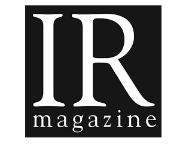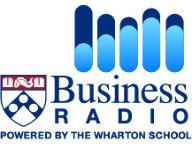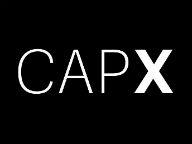Faculty News
—
Professor Alexander Ljungqvist's research on public companies and investments is highlighted
—

Excerpt from IR Magazine -- "The number of listed companies in the US hit a peak of 7,428 in 1996. In 2015 that figure had fallen to 3,754, according to data from Alexander Ljungqvist, director of the Salomon Center for the Study of Financial Institutions at NYU Stern."
Faculty News
—

Excerpt from IR Magazine -- "The number of listed companies in the US hit a peak of 7,428 in 1996. In 2015 that figure had fallen to 3,754, according to data from Alexander Ljungqvist, director of the Salomon Center for the Study of Financial Institutions at NYU Stern."



















